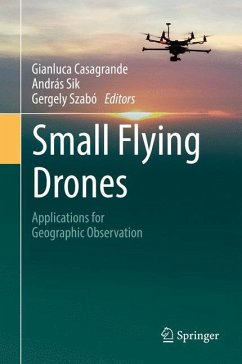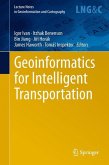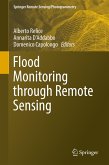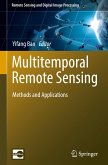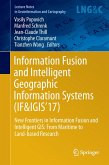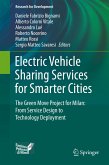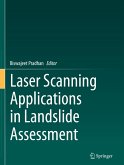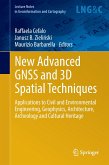This book focuses on small flying drones and their applications in conducting geographic surveys. Scholars and professionals will discover the potential of this tool, and hopefully develop a conceptual and methodological framework for doing the following things: a) Translate their data acquisition needs into specifications. (b) Use the developed specifications to choose the best accessible configuration for their drones, and (c) Design and organize effective and low-cost field deployment and flight operations by integrating technical aspects with regulatory and research requirements.
Readers can apply this knowledge to work in cartography, environmental monitoring and analysis, land-use studies and landscape archaeology. Particular attention is also given to the reasons why a drone can dramatically boost a geographer's capability to understand geographic phenomena both from hard-science and humanities-oriented approach.
Readers can apply this knowledge to work in cartography, environmental monitoring and analysis, land-use studies and landscape archaeology. Particular attention is also given to the reasons why a drone can dramatically boost a geographer's capability to understand geographic phenomena both from hard-science and humanities-oriented approach.

